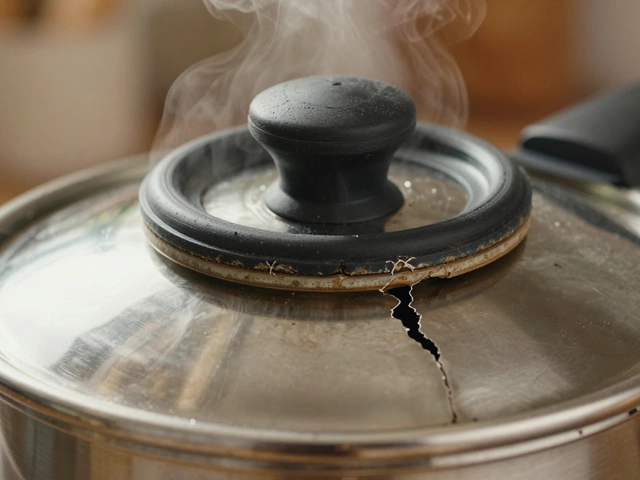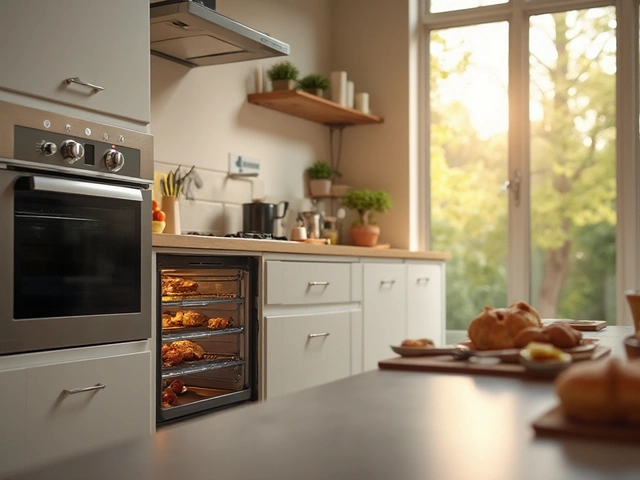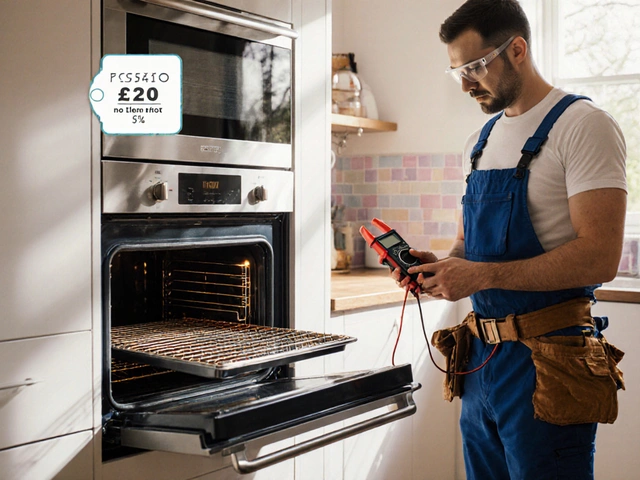The Efficiency Limits of a Heat Pump: Understanding the Temperature Thresholds
February 13 2025Water Heater Repair: Simple Solutions to Keep Your Hot Water Flowing
Cold showers are the worst, right? Before you panic and call someone, try a few quick checks that can save you time and money. Most water‑heater hiccups have a simple cause – a tripped breaker, a blocked vent, or a buildup of sediment. Knowing what to look for lets you fix the issue yourself or decide if a professional is really needed.
Common Reasons Your Heater Stops Working
First off, the power supply. If you have an electric heater, locate the circuit breaker and make sure it’s on. A breaker that keeps tripping usually points to an overheating element or a loose connection. Flip the breaker off, wait a minute, then turn it back on. If it trips again, it’s time to call a certified engineer.
For gas‑fuelled units, the pilot light is the usual suspect. A flame that won’t stay lit often means the thermocouple is dirty or worn out. You can clean it with a fine‑grade brush, but if it still won’t stay lit, a professional should handle the gas components.
Another frequent issue is sediment buildup inside the tank. Over time, minerals settle at the bottom and make the heating element work harder. This not only reduces efficiency but can cause the heater to overheat and shut off. Flushing the tank once a year clears out the gunk and can add a few years to the unit’s life.
Lastly, the temperature setting matters. If the thermostat is set too low, you’ll get lukewarm water; too high, and the heater may over‑heat and trigger safety shutdowns. Aim for about 120°F (49°C) – it’s hot enough for comfort and safe for the system.
DIY Checks Before Calling a Pro
Start with the easy stuff: make sure the water valve feeding the heater is fully open. A partially closed valve reduces flow and can cause the heater to over‑heat. Next, listen for strange noises. Rumbling or popping usually means sediment is moving around – another sign it needs a flush.
If you see water leaking around the base, the tank’s anode rod might be corroded, or a pipe joint could be loose. Tightening the fitting can stop a minor leak, but rusted tanks often need replacement.
When you suspect an electrical problem, never touch live wires. Use a non‑contact voltage tester to see if power is reaching the heater. If there’s no voltage, the issue is likely upstream (breaker or wiring) and should be handled by a qualified electrician.
Finally, keep an eye on the reset button. Many heaters have a built‑in reset that trips when the unit overheats. Press it once the system cools down – if it trips again quickly, the heater is protecting itself from a deeper fault.
If any of these steps feel out of your comfort zone, or the problem persists after you’ve tried them, give a local Bedford gas engineer a call. Certified pros can safely work with gas lines, test pressure valves, and replace worn‑out parts while making sure the whole system complies with safety regulations.
Regular maintenance can prevent most emergencies. Schedule a short service visit once a year: the engineer will flush the tank, check the pressure relief valve, test the thermostat, and inspect gas connections. A little upkeep now means fewer cold mornings later.
Remember, a working water heater isn’t just a convenience – it’s a safety issue. Leaking gas, electrical shorts, or overheating can become dangerous quickly. When in doubt, call the experts and keep your home warm and safe.
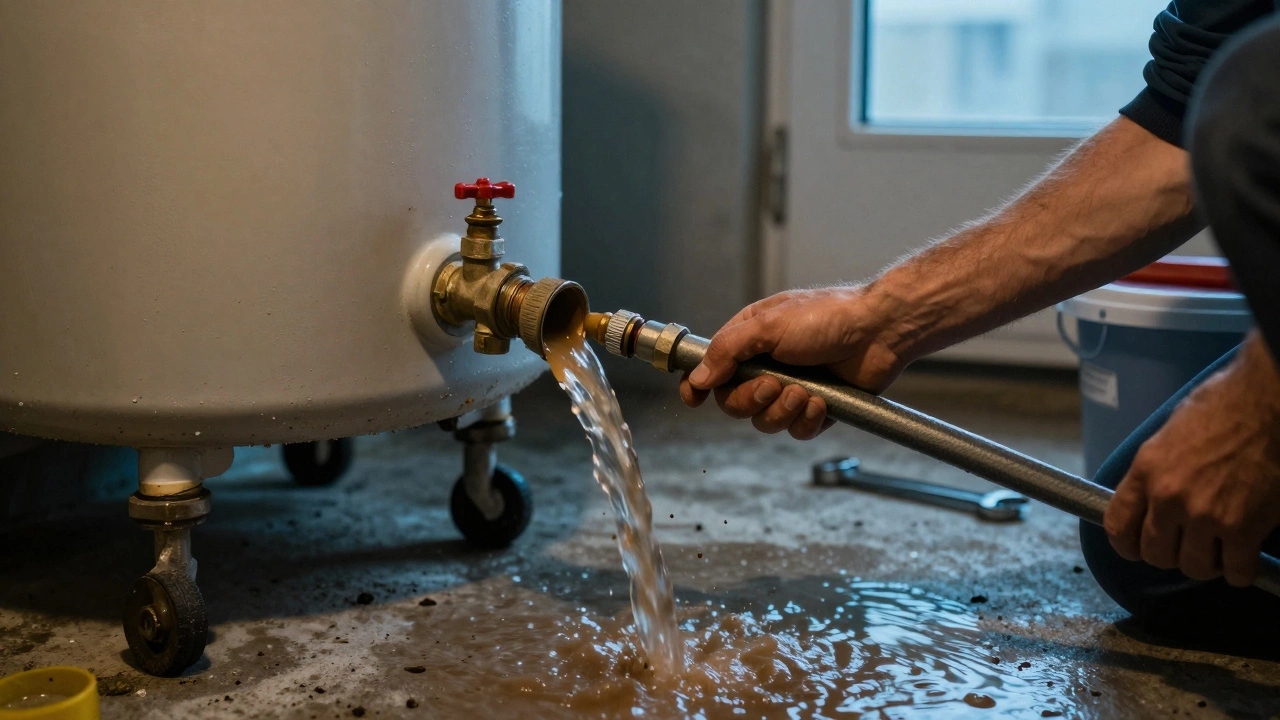 5 Feb
5 Feb
Common Water Heater Failures and How to Fix Them
Discover the most frequent water heater issues, from sediment buildup to thermostat failures. Learn simple checks and fixes to keep your hot water flowing and avoid costly repairs.
Read More...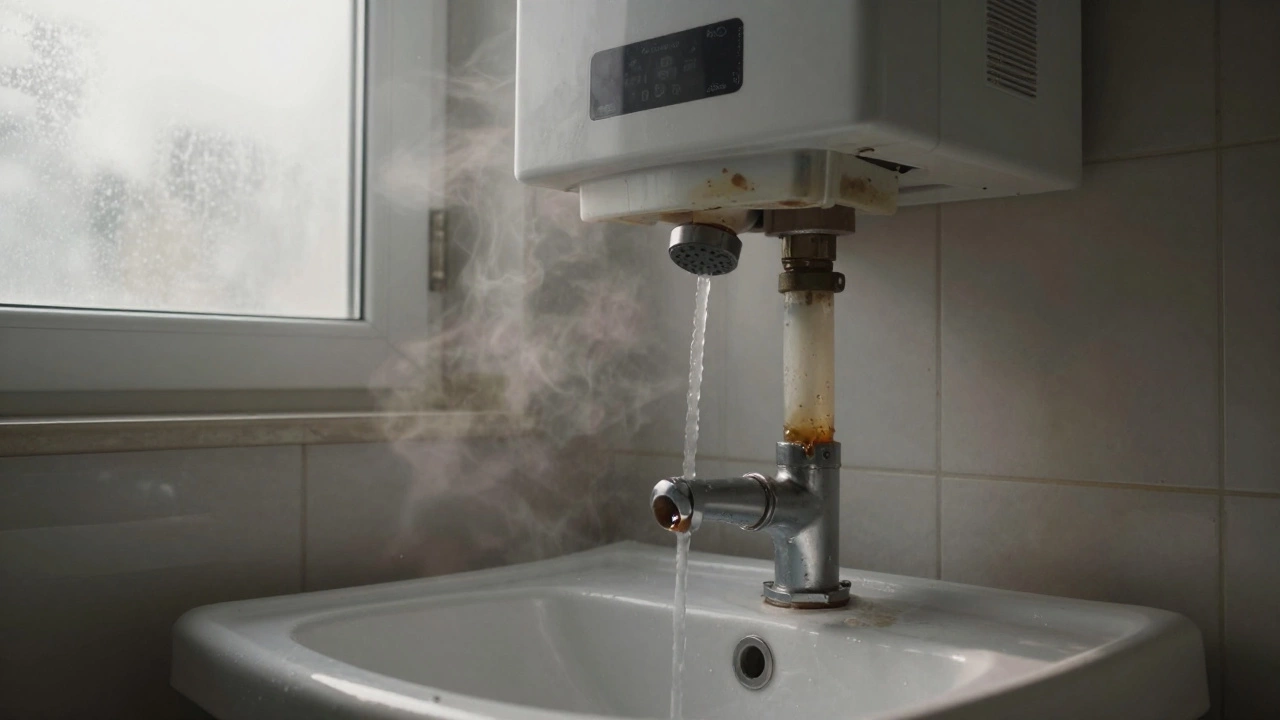 26 Jan
26 Jan
What Is the Most Common Problem with a Hot Water Heater?
The most common problem with a hot water heater is no hot water - often caused by sediment buildup or thermostat failure. Learn how to diagnose and fix it before it turns into a costly replacement.
Read More...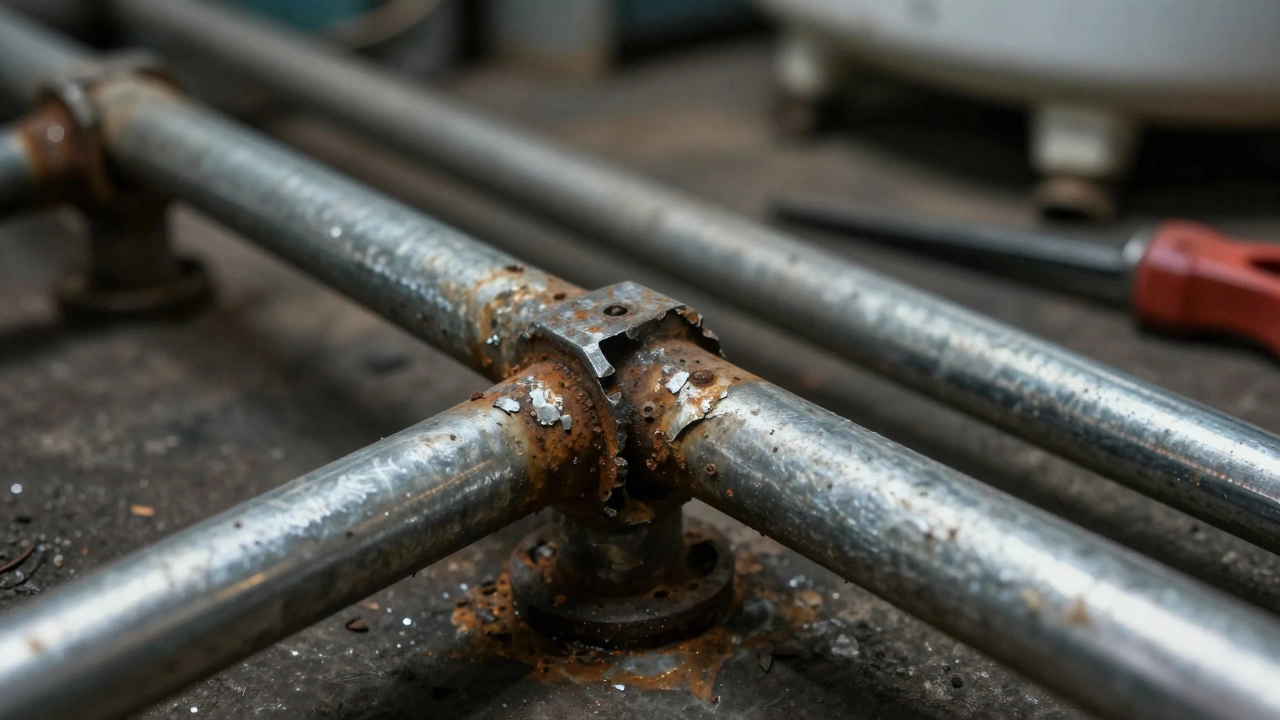 25 Jan
25 Jan
How to Tell If Your Water Heater Anode Rod Is Bad
Learn how to spot a failing water heater anode rod before it causes leaks or tank failure. Signs include rotten egg smell, rusty water, and reduced hot water. Replace it yourself to save hundreds.
Read More...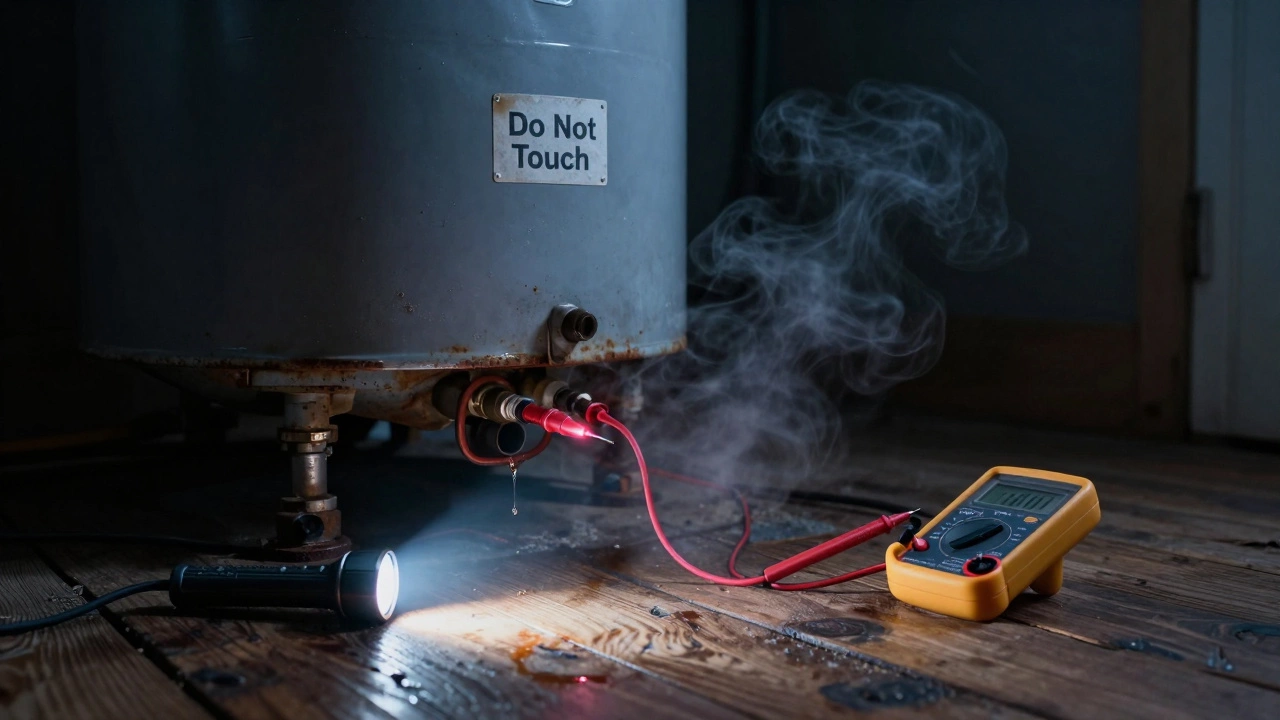 19 Jan
19 Jan
Should You Fix Your Own Water Heater? Here's What Really Works
Should you fix your own water heater? Most DIY repairs are dangerous and costly. Learn the two safe fixes, the hidden risks, and when to call a professional instead.
Read More...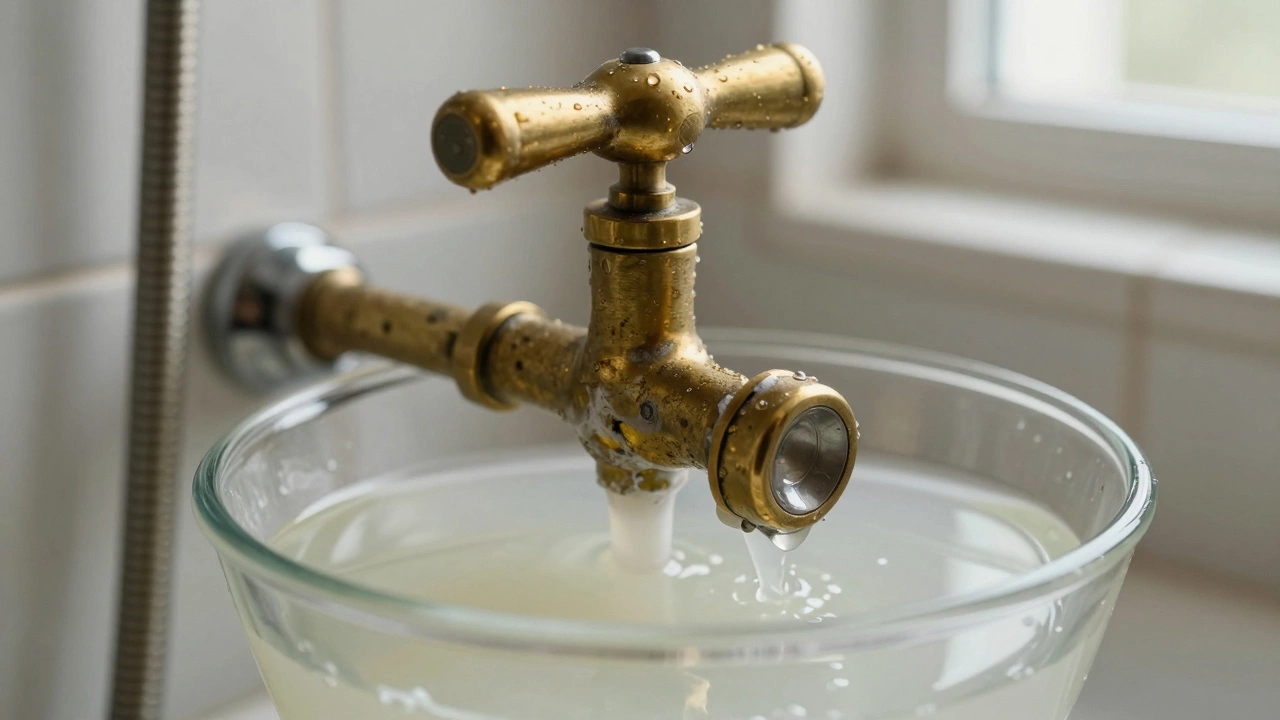 12 Jan
12 Jan
Why Is My Shower Hot Water Not Working But Works Everywhere Else?
Your shower has no hot water but other fixtures work fine? It’s not your water heater. This guide shows you how to fix the real culprits - clogged valves, diverter issues, and mineral buildup - without replacing expensive equipment.
Read More...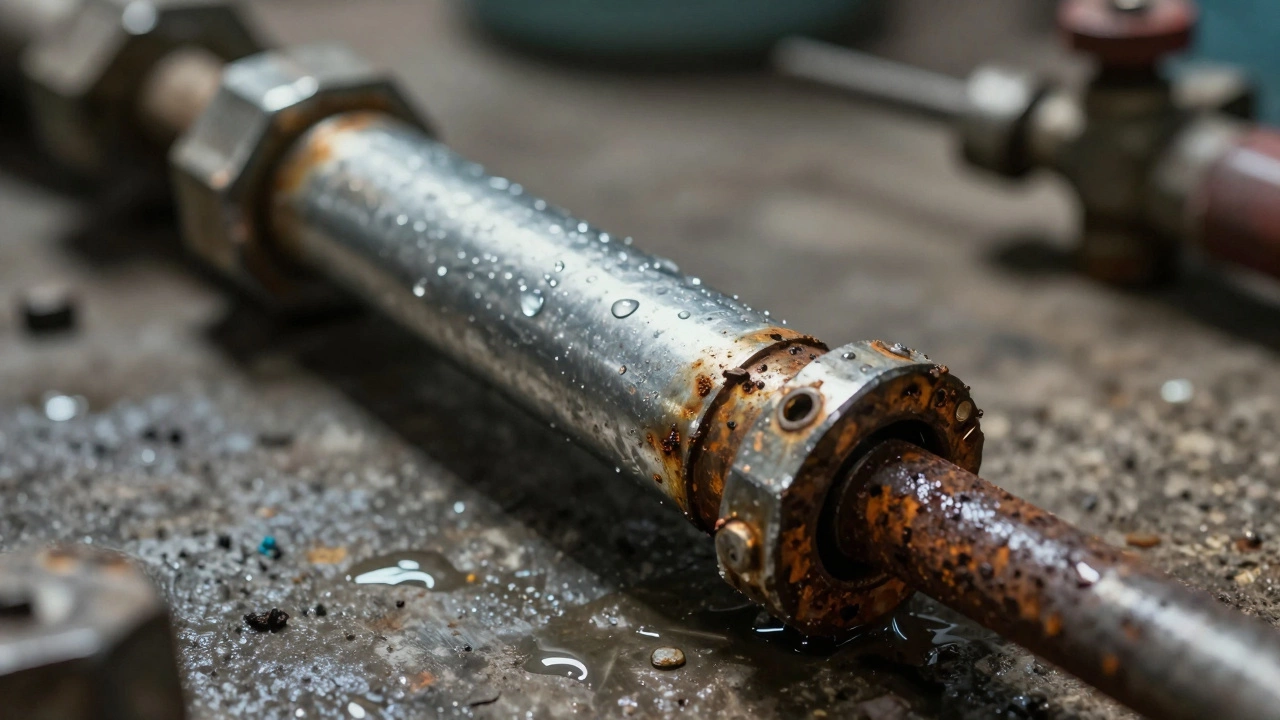 15 Dec
15 Dec
How Often Should You Replace the Anode Rod in a Water Heater?
Replace your water heater's anode rod every 3-5 years to prevent tank corrosion. Check it every 2 years-rusty water or bad smells mean it’s time. A simple fix saves thousands.
Read More...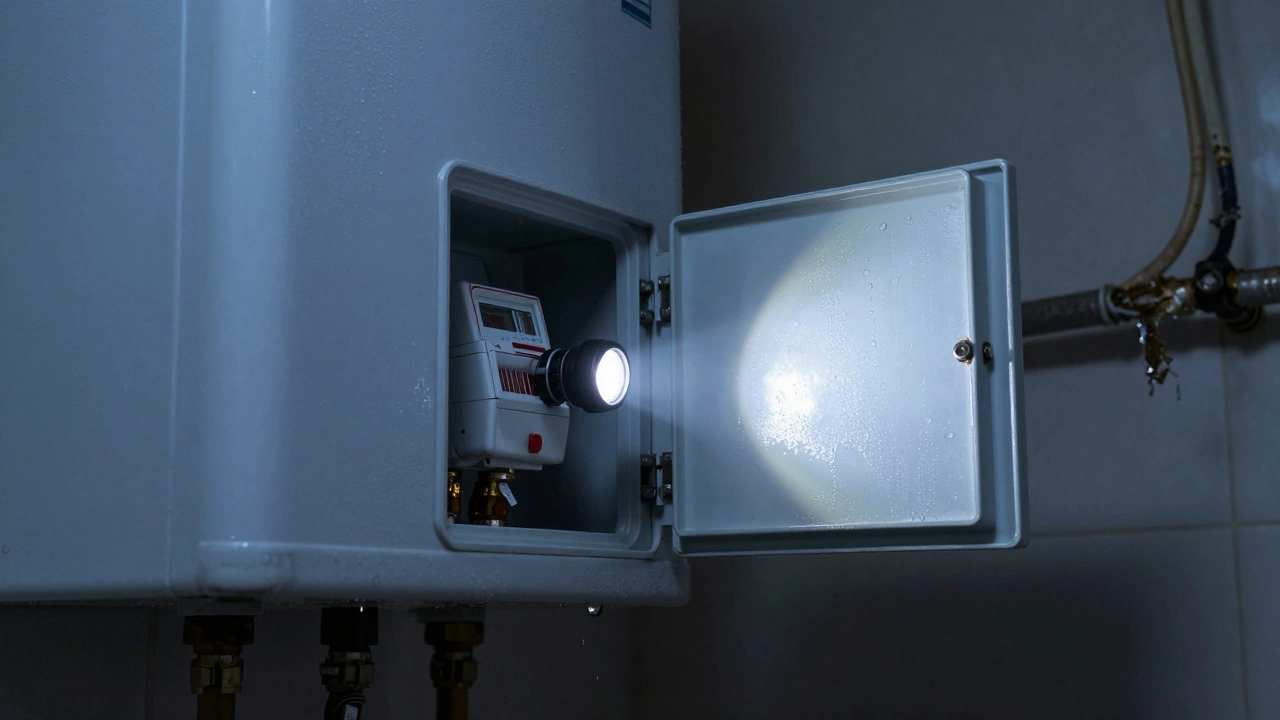 1 Dec
1 Dec
Is It Safe to Reset a Water Heater? What You Need to Know Before Trying
Resetting a water heater can be safe-but only if you know why it tripped. Learn when it’s okay to press the button, when it’s dangerous, and what to do instead to avoid costly damage or injury.
Read More...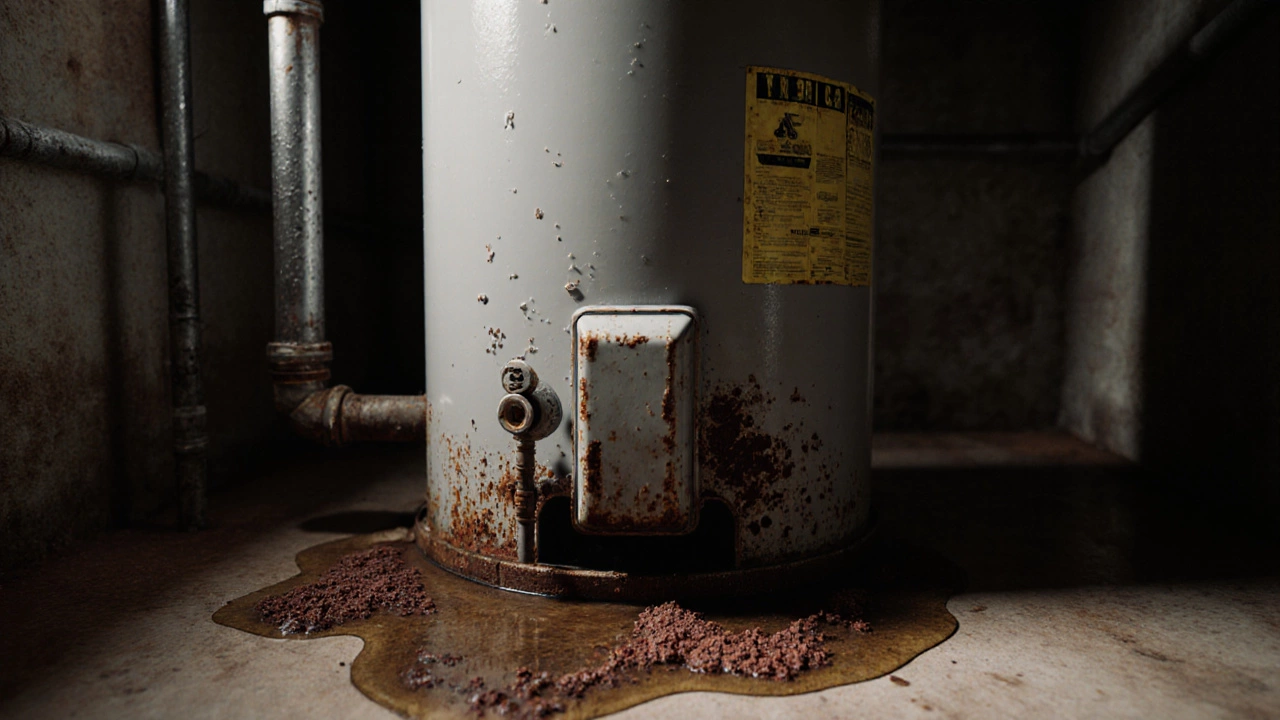 20 Nov
20 Nov
How Do You Know When a Hot Water Heater Needs to Be Replaced?
Learn the 7 clear signs your hot water heater needs replacing-rust, leaks, strange noises, and more. Save money and avoid floods by knowing when to upgrade before it fails.
Read More...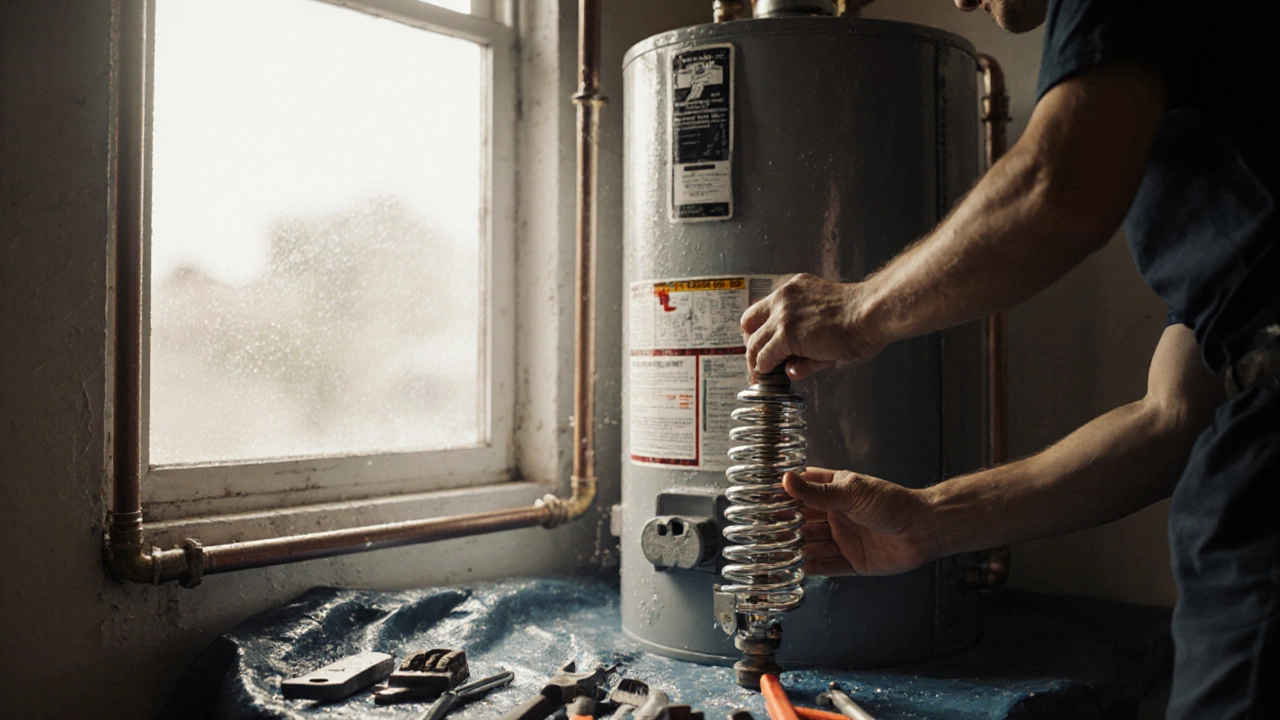 18 Nov
18 Nov
How Long Does It Take to Fix a Hot Water Heater? Real Timelines from Auckland Plumbers
Find out how long hot water heater repairs really take-from quick fixes to full replacements. Learn what slows things down, when to replace, and how to save time and money in Auckland.
Read More...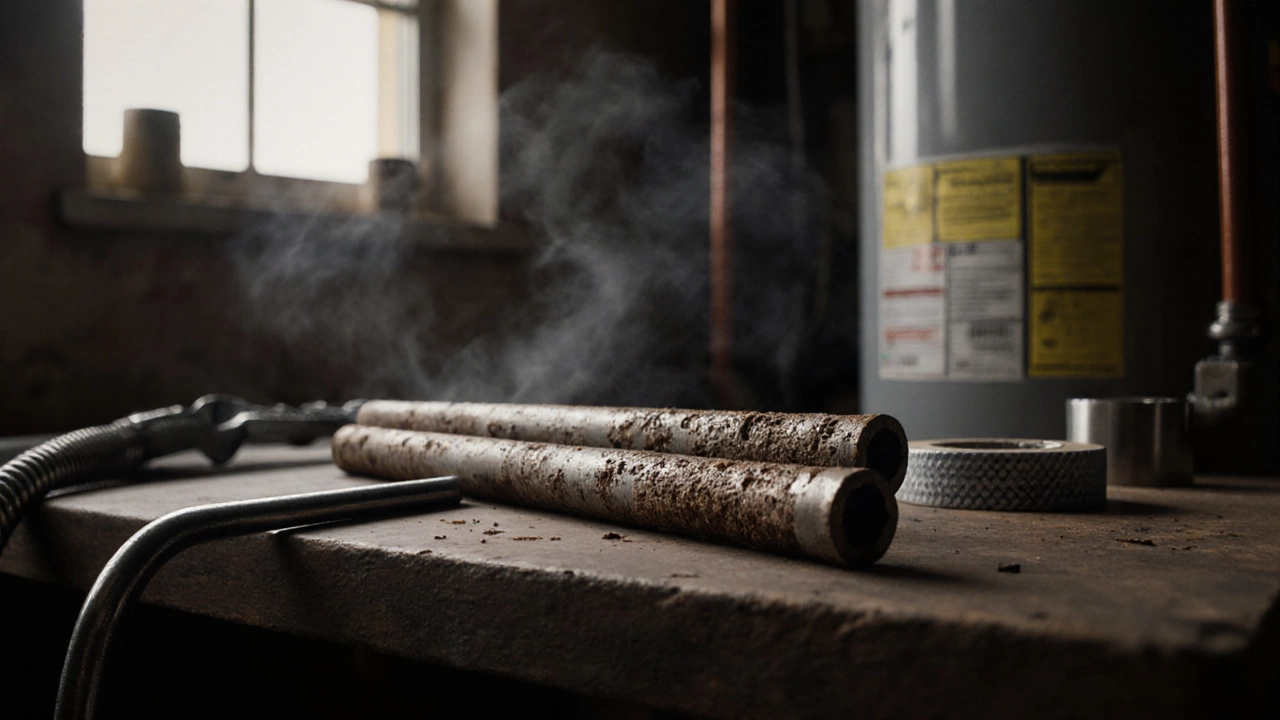 6 Nov
6 Nov
How Much Does It Cost to Replace the Anode Rod in a Water Heater?
Replacing your water heater's anode rod costs $50-$350, depending on whether you DIY or hire a pro. It’s a simple fix that can extend your heater’s life by years and prevent costly leaks.
Read More...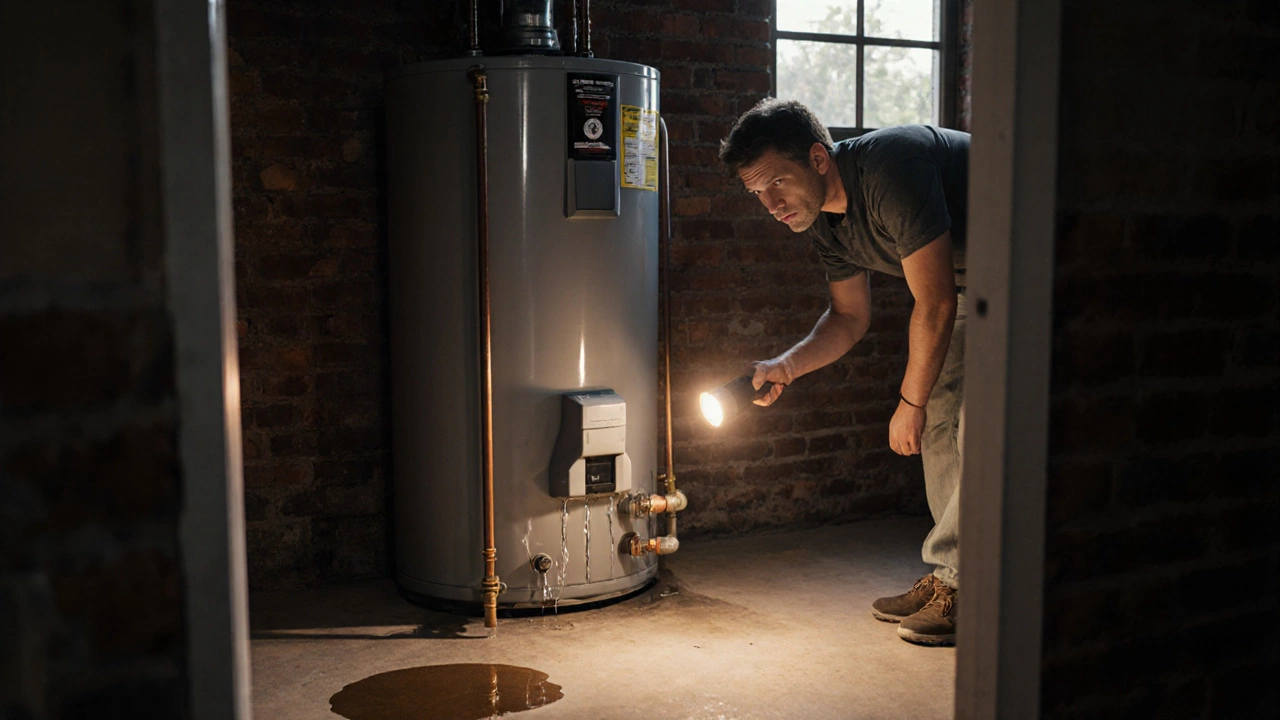 23 Oct
23 Oct
Should You Repair Your Hot Water Heater? Cost vs Replacement Guide
Decide whether to fix or replace your hot water heater with a clear cost guide, common issues, DIY tips, and a handy decision checklist.
Read More...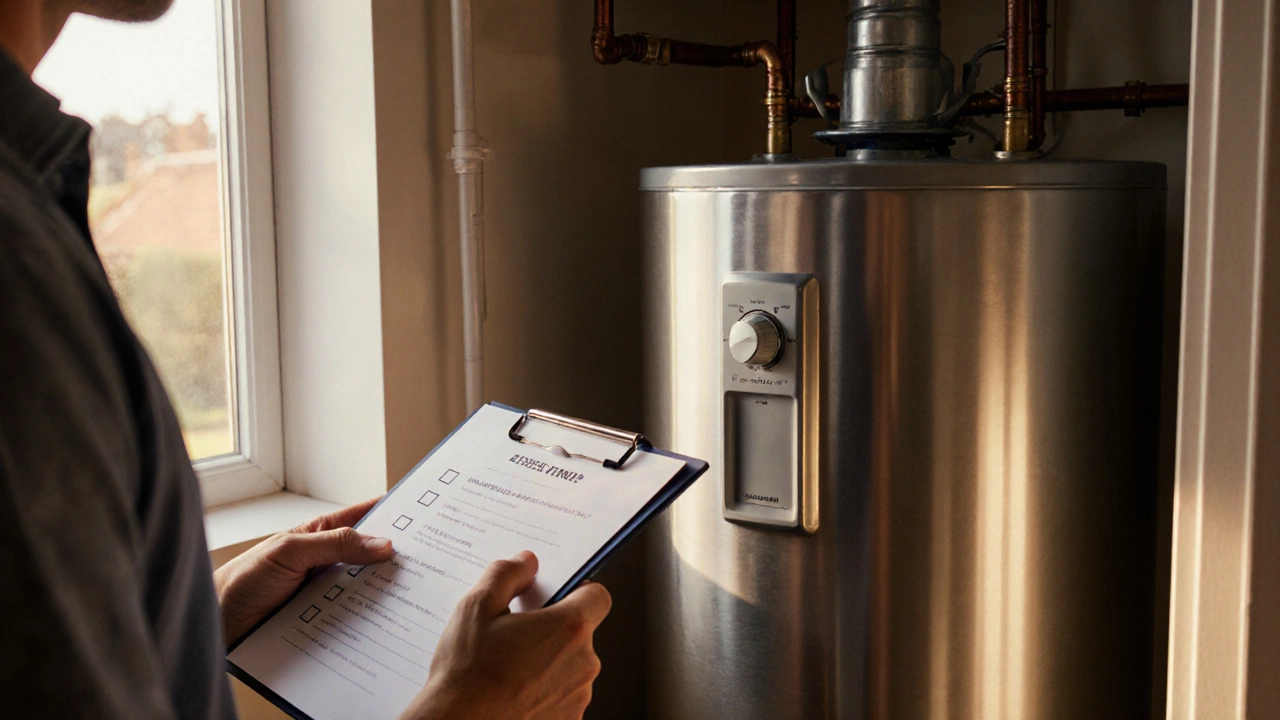 21 Oct
21 Oct
Essential Water Heater Maintenance Checklist to Prevent Costly Repairs
Learn the essential water heater maintenance tasks, how often to do them, and when to call a pro. Extend lifespan, cut energy bills, and avoid unexpected leaks.
Read More...

